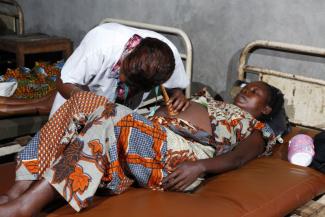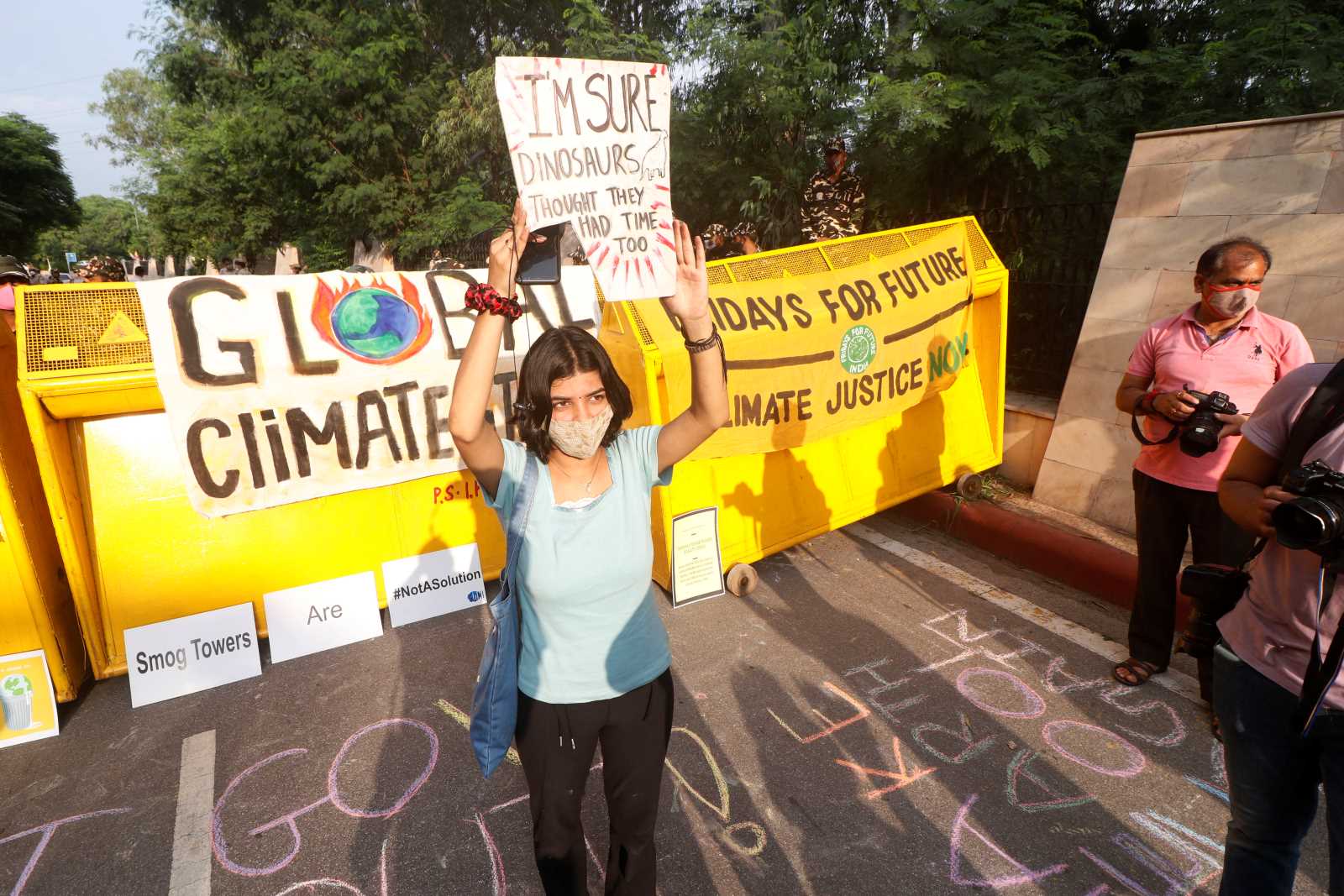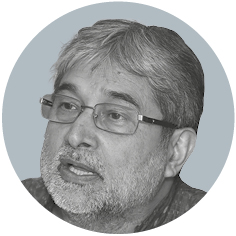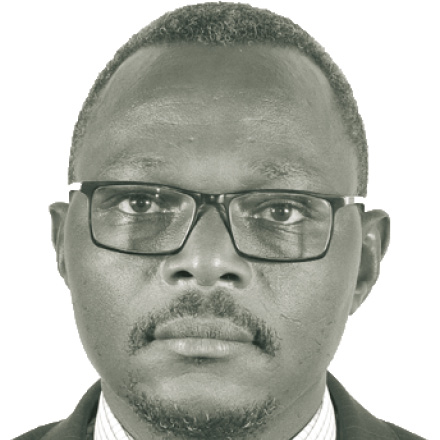G20
One world – our responsibility

Globally, we have achieved a great deal with our development policy: absolute poverty has been reduced, more food is being produced worldwide, diseases are being combatted successfully, and an increasing number of people have access to education. Despite these successes, we need not only to continue but to step up our efforts to eradicate poverty, hunger and inequality once and for all, and to mitigate the effects of climate change.
It was in response to the huge global challenges of our time that the international community decided at the UN summit in New York in September 2015 to adopt the 2030 Agenda for Sustainable Development. The Agenda is like a pact on the world’s future and its goal is that, by the year 2030, everybody in the world should be able to live their lives in peace, dignity and freedom in an intact environment. Its seventeen goals for sustainable development combine the principle of sustainability with the three dimensions of development – namely social, ecological and economic development. The goals reflect the spirit of a new global partnership that, for the first time ever, calls upon all of the world’s countries – rich and poor alike – to work towards achieving these goals.
The Group of Twenty leading industrialised and emerging economies, known as the G20, will play a pivotal role in the realisation of the 2030 Agenda. A first step in this direction was the adoption of an action plan at the G20 summit in China last autumn. This year, Germany holds the presidency of the G20. It is a good opportunity to push ahead and quickly breathe life into the implementation of the 2030 Agenda.
It is our government’s intention, during the German presidency, to boost the Group of Twenty’s role as a central forum for international economic cooperation. Germany’s objective will be to ensure that the G20 countries work together to meet major international challenges. These include the continuing threat posed by climate change and the growing risk of environmental disasters such as droughts and floods, as well as the need to tackle the root causes of displacement.
Also, what happened during the Ebola crisis showed us that the stability and resilience of the international community’s health-care systems need to be enhanced. We want to remedy this on a very practical level by holding joint exercises to curb pandemics. And we feel it will be important to work together on tackling resistance to antibiotics.
Furthermore, the G20 will also look at the rapid spread of digital technologies worldwide and the deep impact this is already having on how we do business and live our lives. Our aim must be to ensure that everyone – and in particular women in developing countries – can benefit from the opportunities that digital technologies have to offer. Other key topics will be the exchange of information, equity in taxation, transparency and sustainable supply chains.
A particularly important objective for Germany will be to foster a strong partnership between the G20 and Africa. During Germany’s presidency, we want to work with interested African partners with a view to boosting sustainable private-sector investment in Africa. To achieve that, the general conditions prevailing in some African countries will have to become more attractive and reliable, and companies – including German ones – will need to show willingness to do business in Africa.
Governments, businesses and civil society will have to work together to meet these challenges. Only if we all work together, will we be able to find solutions and carry them through successfully. That is why practical experience at grassroots level counts too: every citizen in Germany can make a contribution, discuss solutions and exchange ideas with others both at home and abroad, thereby playing an active role in shaping our world. I have meetings with various interest groups and actors all the time, and I see again and again how committed people working at the local level are to achieving sustainable development. We need to build on that!
Hans-Joachim Fuchtel is parliamentary state secretary to Germany’s federal minister for economic cooperation and development.
http://www.bmz.de














